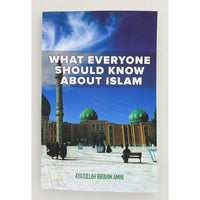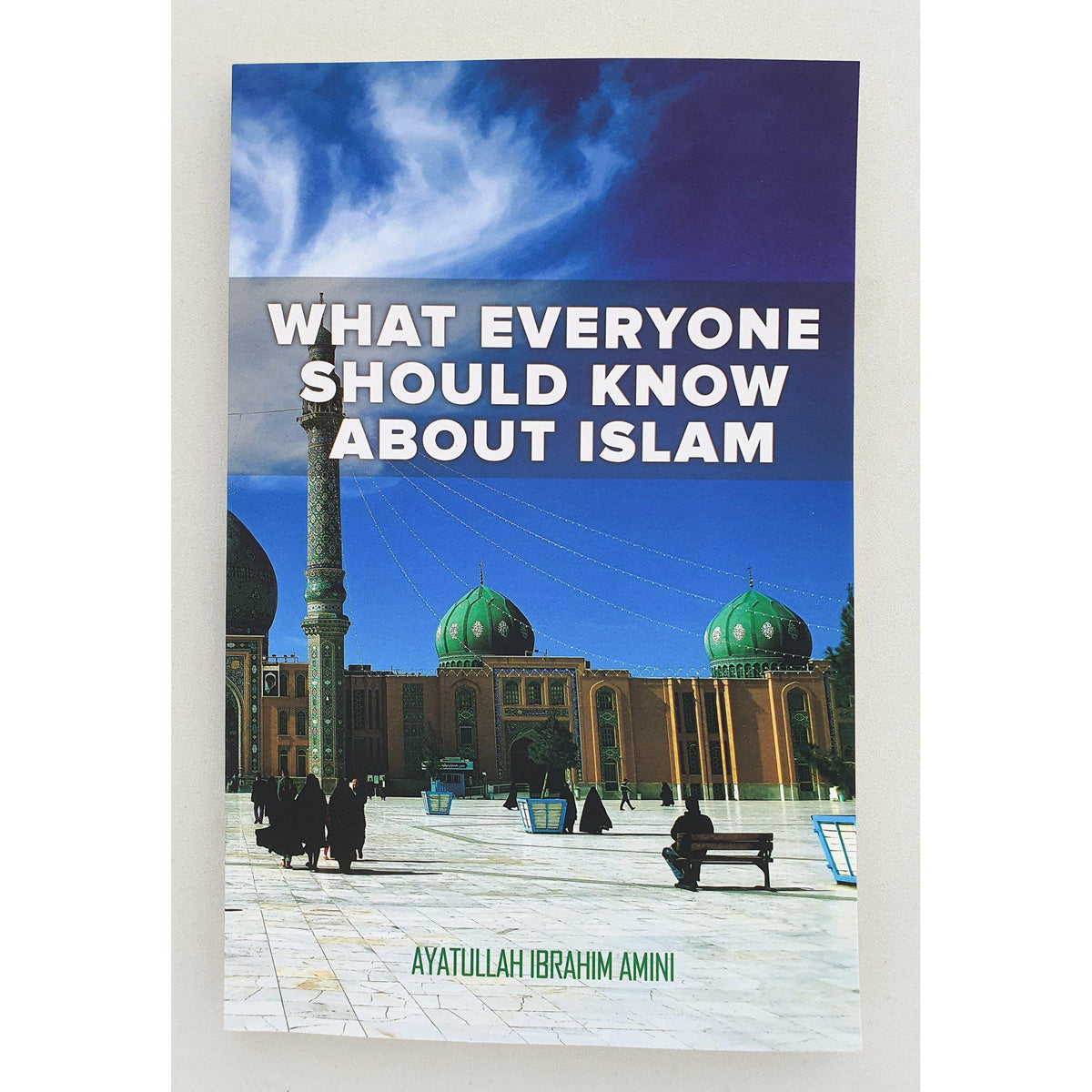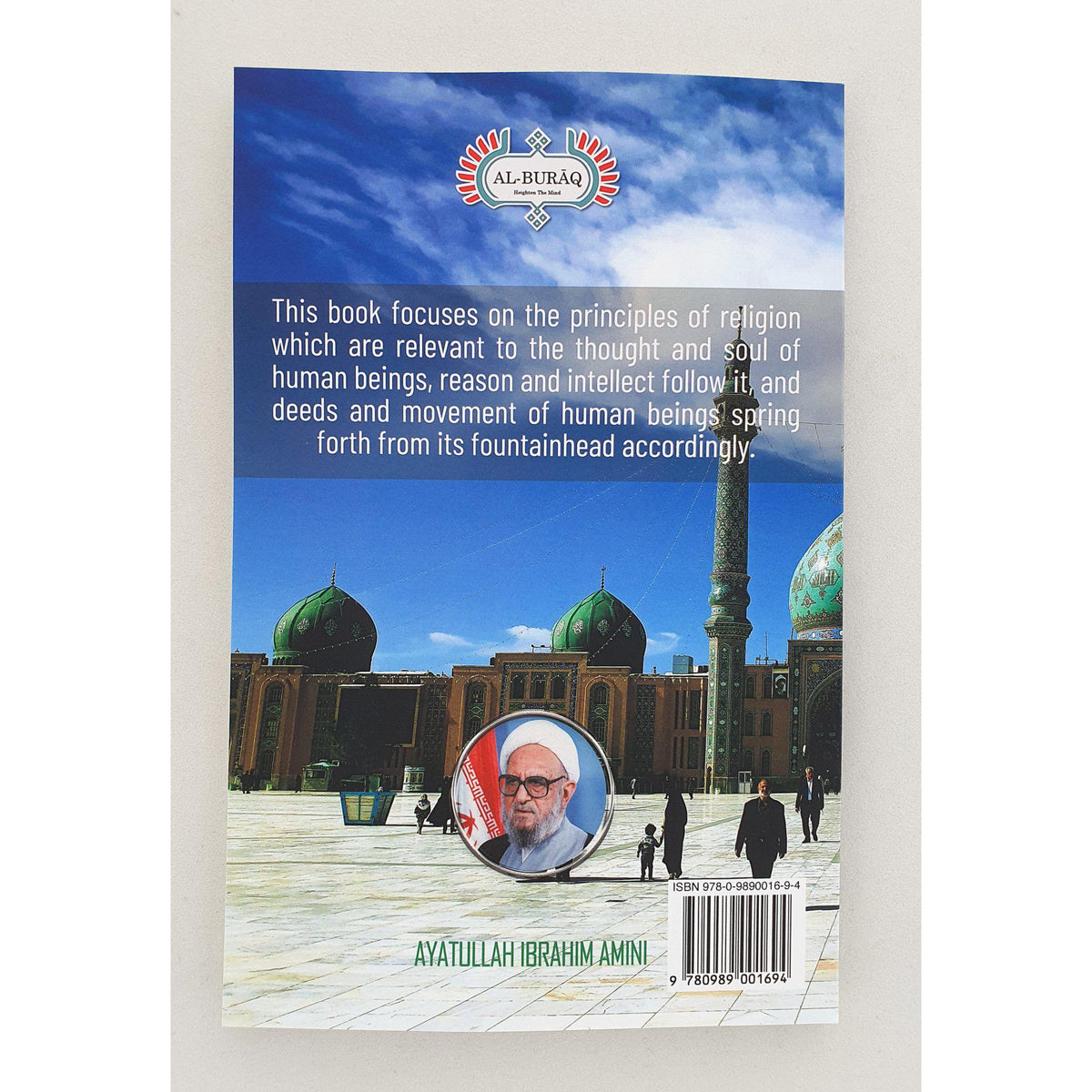What Everyone should know about Islam- Ibrahim Amini
Designer: Al Buraq
- Regular
- $18.00
- Sale
- $18.00
- Regular
- Unit Price
- per
The present book has been especially written for the young generation and youths to teach them religious education and the following points have been considered in this book:
1. The contexts while being simple are based upon reason and rationale. Regarding intellectual matters rational reasons have been presented; topics regarding obedience and religion have been presented in accordance with narrations and verses of the Holy Qur’an; if required the source of reference has been mentioned in footnotes, but for the sake of brevity in some topics the sources have not been mentioned.
2. Regarding the date of births and demises of the Holy Prophet (S) and Infallible Imams (a.s.) there are differences of opinion but for the sake of concision one of the quotations has been selected and others have not been mentioned.
3. The writer has tried his best to make the intellectual matters relatively simple so they could be comprehended by all; efforts have been made to avoid usage of philosophical terminology and description of lengthy and tiring arguments.
4. Doubtful, weak and tempered, and less useful matters have not been mentioned.
5. In this book matters have been written whose knowing is compulsory upon every Muslim and whereby the Religion of Islam has been described in a summarized manner in order to prepare the minds of readers to refer to more comprehensive books and journals of the religious authorities (ris’alah ‘Amaliyah written by mar’aji‘). Especially regarding branches of the religion (furu‘e-din) all of them have not been mentioned or have been mentioned in summary. The context of the book could be classified into the following three categories:
First: The beliefs (Aqa’yid) i.e. matters and affairs which are related to the intellect and faculty of reason a human being, rational reasons rule over them and imitation is not allowed.
Second: Moral ethics (’Akhl’aq), i.e. the matters which are relevant to the human self and sentiments, controlling desires of the self, making one’s self moderate and placing one’s self upon the straight path of humanity.
Third: Branches of the Religion (Fru‘-e-din): i.e. mandatory obligations and practical instructions, which are relevant to the human body and what should be done.





